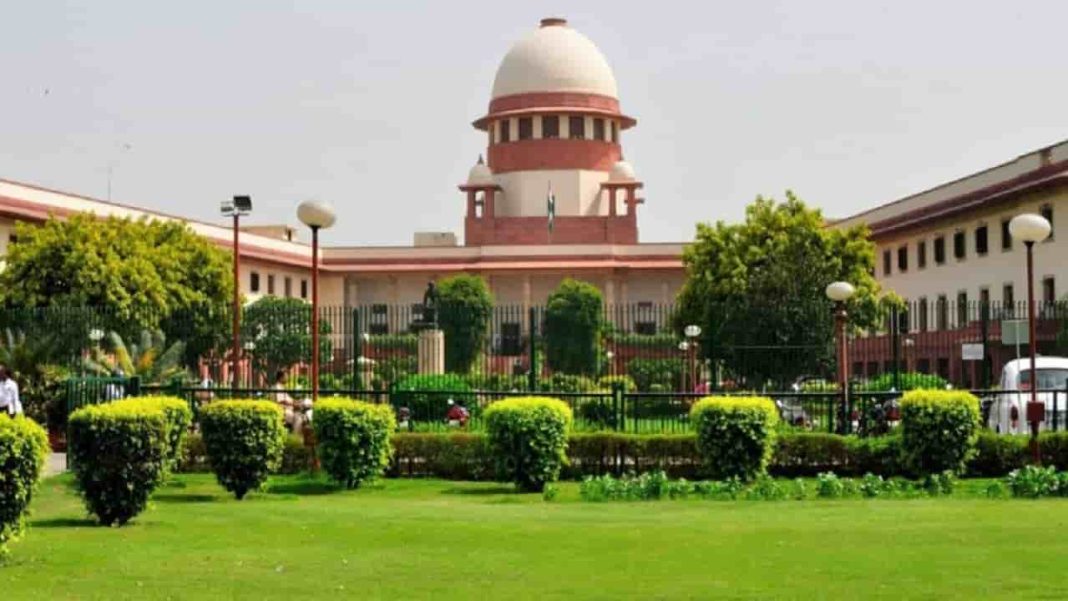The Supreme Court on Wednesday listed for hearing in July, a bunch of petitions challenging the constitutional validity of the Places of Worship Act, 1991, which prohibited conversion of a religious structure from its nature as it stood on the date of independence.
The Apex Court listed the matter for hearing before a three-Judge Bench in July, after the Union government failed to file a response on the matter, despite being issued a notice way back in March 2021.
Earlier on January 9, the Bench of Chief Justice D.Y. Chandrachud and Justice P.S. Narasimha had sought a counter-affidavit from the Union government. The Apex Court again gave extension to the Union government, after Solicitor General Tushar Mehta requested for the same. It said the matter would be listed on a non-miscellaneous day.
On September 9, the Apex Court had directed the Centre to file its response within two weeks, which was extended to October 31 and later to December 12.
Representing the All India Muslim Personal Law Board (AIMPLB), Senior Advocate Kapil Sibal had earlier pointed out that the five-Judge Bench of the Apex Court had upheld the Act during the Ayodhya verdict and hence, the PILs were not maintainable.
Appearing for BJP leader Ashwini Upadhyay, who filed one of the petitions, Senior Advocate Rakesh Dwivedi said that the challenge was against the legislation and not against any observations in the verdict.
The Bench recorded in its order that Sibal sought to raise certain objections pertaining to the maintainability of the petitions and added that such preliminary objections would be considered at the stage of hearing.
Representing the Jamiat Ulama-i-Hind, Senior Advocate Vrinda Grover said that in terms of earlier order, the Union government had placed its position, which was not yet on record.
The lawyer said she did not know what the Union of India said vis-a-vis this Central legislation, adding that while these petitions were pending, there were disputes such as the Gyanvapi Mosque and the Idgah Mosque, which were in direct breach of this statute.
As per the Advocate, the Union government had not placed anything before this court. At the same time, litigation of all manner had taken place, while the petitions sought alteration of religious character.
(Case Title: Ashwini Kumar Upadhyay vs UoI And Ors)


